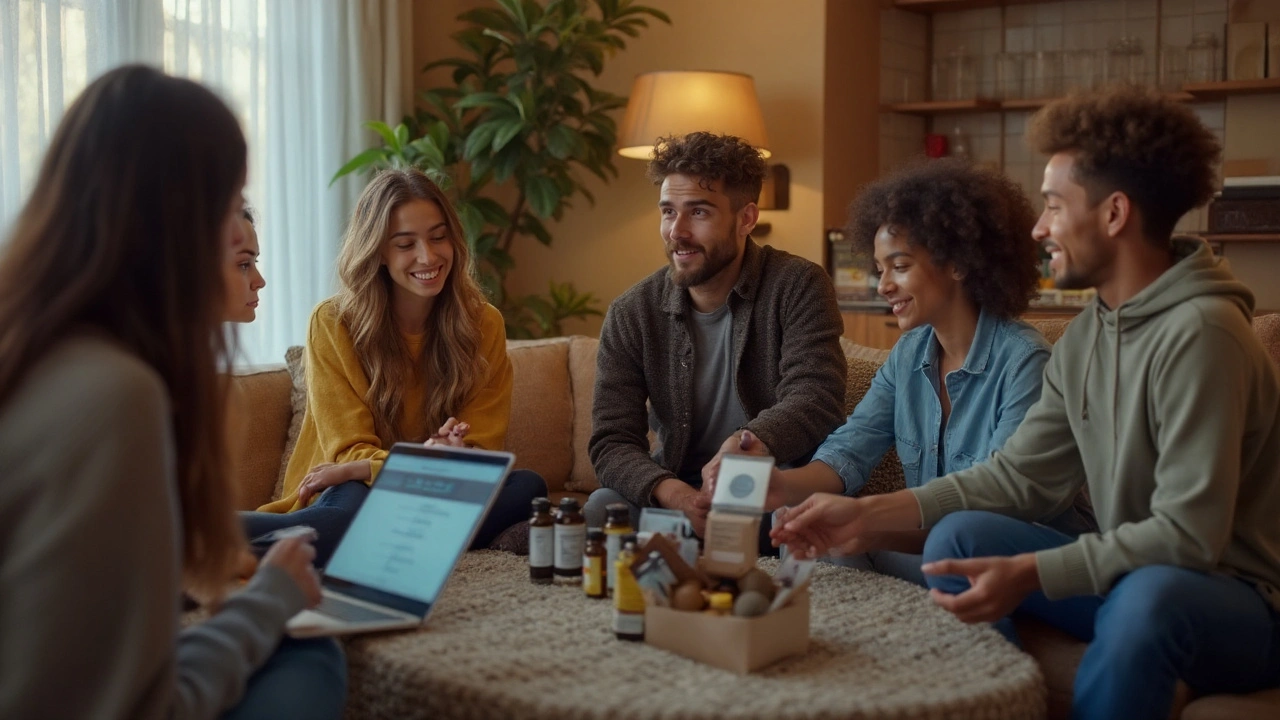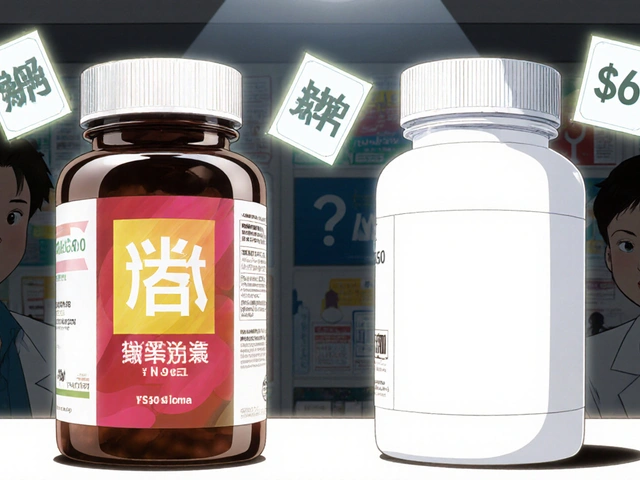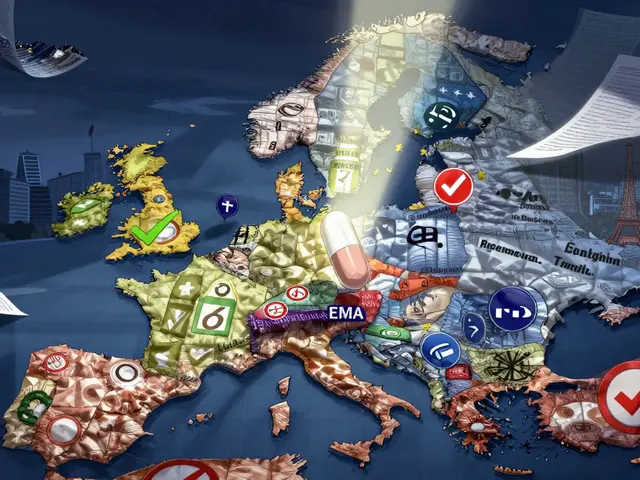Pharmaceutical Safety: Real‑World Tips for Safer Meds
When you’m dealing with pills, creams, or even herbal supplements, safety isn’t optional—it’s the baseline. From hidden liver risks in popular herbs to scams on online pharmacies, a single mistake can turn a health boost into a health scare. This page pulls together the most useful, hands‑on guides that help you spot danger, choose trustworthy sources, and keep your treatment on track.
Why Drug Safety Matters Every Day
Most people think safety only matters for prescription drugs, but the reality is broader. A herb like germander (Teucrium chamaedrys) looks harmless on a label, yet studies link it to liver injury. The same goes for over‑the‑counter weight‑loss pills that hide stimulants or undisclosed ingredients. Even seemingly simple actions, like ordering a medication from an unfamiliar website, can expose you to counterfeit pills that lack active ingredients or contain harmful fillers.
Safety also means understanding side effects and interactions. For instance, Zetia (ezetimibe) is safe for many, but if you’re already on a high‑dose statin, the combo can raise muscle‑pain risk. Knowing these nuances helps you avoid unnecessary hospital visits and keep your health goals moving forward.
Practical Tips for Safe Purchases and Usage
Below are the most reliable tricks we’ve gathered from our top‑rated articles:
- Check the pharmacy’s credentials. Look for a valid pharmacy license, a physical address, and a pharmacist’s contact info. Sites like birdirx.com and hisblue.com are worth a quick background check before you hand over payment.
- Verify the prescription requirement. Legit pharmacies will never ship a prescription‑only drug without a valid prescription. If a site offers Valium or Prednisone without asking for a doctor’s note, flag it as risky.
- Compare prices, but don’t chase the cheapest deal. Extremely low prices often signal counterfeit products. Our guide on buying Fosfomycin and Amoxicillin online walks you through price‑range benchmarks.
- Read user reviews and third‑party audits. Real‑world feedback can reveal hidden fees, delivery delays, or packaging issues that aren’t obvious on the homepage.
- Know the side‑effect profile. Articles on Prednisolone, Clindamycin, and Finpecia break down what to watch for, so you can catch problems early.
When it comes to supplements, the rule of thumb is even stricter. Our deep‑dive on germander explains why liver enzymes should be monitored and lists safer alternatives for weight loss. If you’re hunting for natural cholesterol tricks, the piece on “Natural Ways to Lower Cholesterol vs Statins” compares diet, red‑yeast rice, and medication side‑effects in plain language.
Finally, keep a digital health wallet. By storing prescriptions, lab results, and coupon codes in one place, you cut down on mistakes and save money. The guide on digital health wallets shows exactly how apps can auto‑apply discounts and remind you of refill dates.
Bottom line: safety is a habit, not a one‑time check. Use the tools, read the guides, and stay skeptical of deals that sound too good to be true. With the right info, you can protect your health while still getting the treatments you need.






